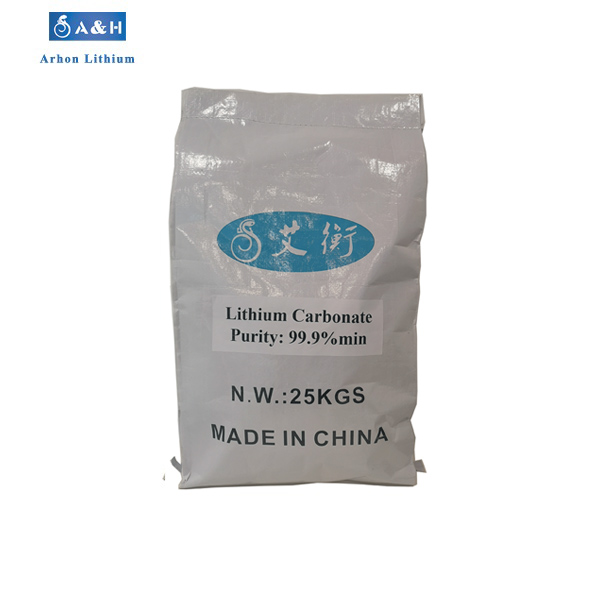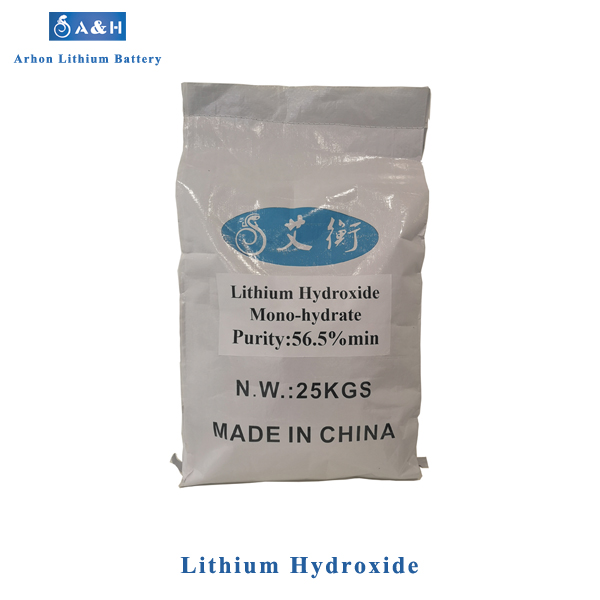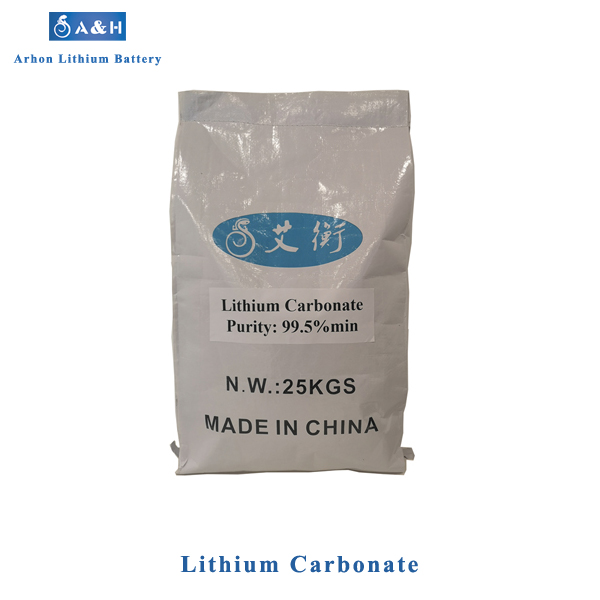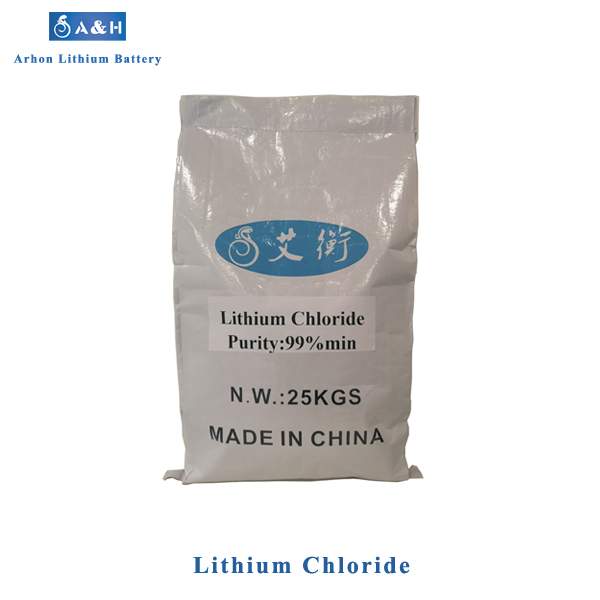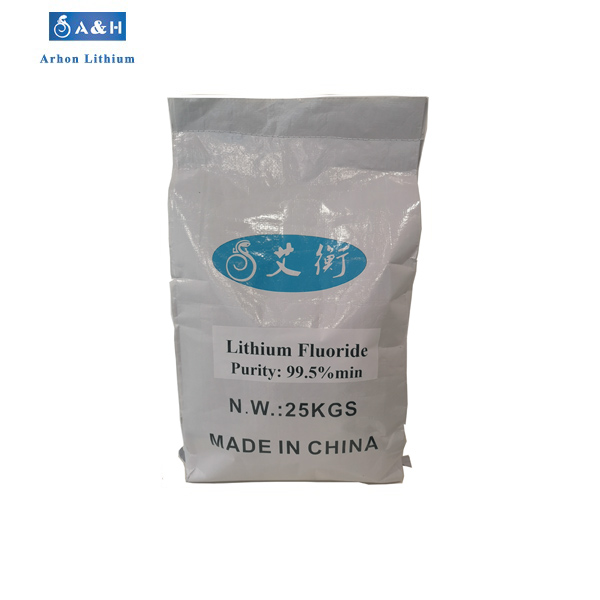Lithium Carbonate (High Purity Grade)
Lithium carbonate is an inorganic compound, the lithium salt of carbonic acid with the chemical formula Li2CO3 and CAS No. is 554-13-2.
- CAS number
- 554-13-2
- Chemical fomula
- Li2CO3
- Molar mass
- 73.89 g/mol
- Appearance
- Odorless white powder
Production Introduction
Lithium carbonate is an inorganic compound, the lithium salt of carbonic acid with the chemical formula Li2CO3 and CAS No. is 554-13-2. Lithium carbonate is an important industrial chemical. Its main use is as a precursor to compounds used in lithium-ion batteries.
Production Application
Lithium ion batteries
Battery-grade lithium carbonate is primarily used to produce Li-ion battery cathode materials, such as lithium cobalt oxide (LCO), lithium manganate oxide (LMO), lithium iron phosphate (LFP), NMC111, NMC442, NMC532, NMC622, as well as alkaline batteries.
Glass & Ceramics
In the glass industry, lithium carbonate is used to reduce the melting point of silica used in ovenware glass.
In the ceramic industry, Lithium carbonate is a common ingredient in both low-fire and high-fire ceramic glaze. It forms low-melting fluxes with silica and other materials. lithium carbonate is used to render color and shine.
Pharmaceutical Industry
Lithium salts are proven to be very effective in treating mood disorders such as bipolar disorder, specifically its manic state. Patients who are on maintenance treatment can experience less frequent and less intense manic episodes.
Lithium carbonate medicine does have side effects and an associated risk of intoxication, so it’s very important to take it responsibly and monitor the patient during use.
Aluminum Industry
Lithium-aluminum alloys are more durable and weigh less than aluminum, which makes them ideal in the aeronaval industry, for example. Lithium and other compounds, like lithium chloride, are used often in the aluminum industry.
Other applications
Lithium carbonate is used to impart a red color to fireworks.
Get A Quote
If you are interested in our products and want to know more details,please leave a message here,we will reply you as soon as we can.
